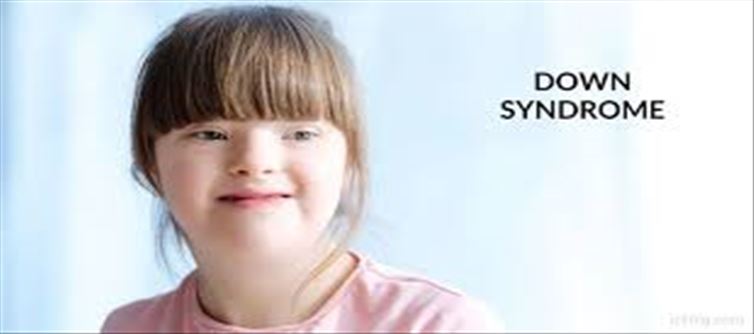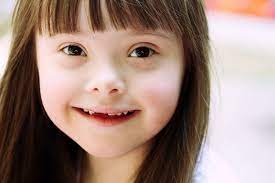
How does Down Syndrome Affect Children?

Youngsters diagnosed with Down syndrome frequently share physical characteristics, including small ears, an upward tilt to the eyes, a flat facial profile, and a protruding tongue. While less evident as they age, low muscle tone, or hypotonia, is also frequent in children with Down syndrome. Developmental milestones like as sitting, crawling, and walking will be attained by children, though usually later than in the case of other children. Constipation, reflux, and low muscular tone can also be factors in early infancy feeding and sucking issues, as well as constipation.

Babies diagnosed with Down syndrome typically weigh less at birth than normal newborns, grow more slowly, and stay shorter than their classmates. Speech and self-care abilities, including dressing, feeding, and using the restroom, may be delayed in toddlers and older children.
Children with Down syndrome experience varying effects on their learning, and the majority have mild to severe intellectual disabilities. Children have the capacity to learn and acquire new talents throughout their lives. They simply accomplish their aims at varying rates. Hence, it's critical to keep in mind that every child with Down syndrome will develop in their own time and to avoid comparing them to classmates who are typically developing or even to other children who have the same issue. Children with Down syndrome possess a diverse variety of skills, and it is impossible to predict from birth what they will be able to do in life.




 click and follow Indiaherald WhatsApp channel
click and follow Indiaherald WhatsApp channel